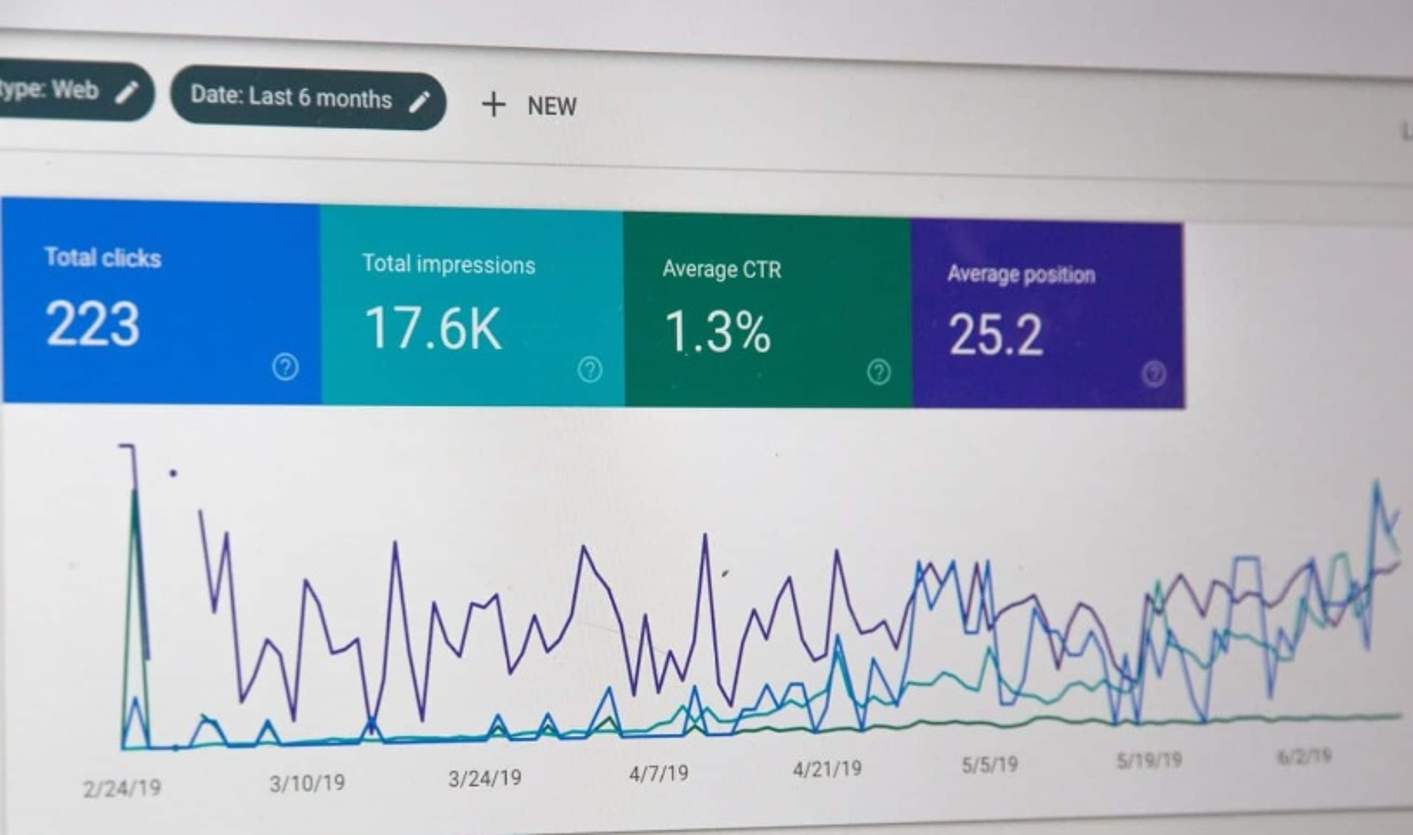- Blog Owners Inflating Traffic Metrics for Black Hat Link Selling Exposed
Shaking the foundations of the SEO and guest posting world, we uncovered a massive number of blog owners are resorting to deceitful tactics to inflate their traffic metrics and sell black hat do-follow hyperlinks.
These nefarious practices involve the use of bots strategically located in data centers and hidden behind thousands of different proxies, giving the illusion of popularity to their sites.
Upon closer examination, it becomes evident that these sites are nothing more than shells, filled with worthless AI-generated content devoid of any real substance or value. Despite their claims of high organic search engine traffic, it is virtually impossible for such sites to attract genuine visitors given the lack of meaningful content.
The crux of the issue lies in the exploitation of unsuspecting individuals who are unaware of the seedy underbelly of the SEO and link-building scam industry.
These websites, masquerading as legitimate sources of information, peddle false metrics including traffic, inbound links, and referring domains count, luring in unsuspecting buyers who are duped into believing they are investing in valuable advertising opportunities.
This revelation, while not a new type of scam is prompting calls for greater vigilance and scrutiny when evaluating the credibility of online platforms. Industry experts emphasise the importance of conducting thorough due diligence and utilizing reputable analytics tools to discern genuine traffic from artificially inflated metrics.
There are also growing demands for stronger regulatory measures to crack down on the proliferation of black hat SEO practices and protect businesses from falling victim to fraudulent schemes.
Search engines are now taking more decisive action against these deceptive practices, implementing stricter enforcement mechanisms to ensure the integrity of their platforms remains intact.
The Disconnect Between Traffic and Link Building – Ranking Factors
Amidst the uproar surrounding the revelation of blog owners inflating traffic metrics for black hat link selling, it’s crucial to underscore a fundamental truth: traffic does not directly correlate with the efficacy of link building.
Despite the allure of high traffic numbers, it’s essential to understand and recognise that traffic alone holds no sway over the potency of a hyperlink from a website.
The misconception that traffic equates to link building prowess can lead businesses astray. While increased traffic may seem indicative of a site’s popularity, it does not inherently enhance the authority or value of the hyperlinks it provides.
Overall, link building and ranking factors are multifaceted, encompassing considerations such as domain authority, relevance, and the context in which the link is embedded. It is these factors play a pivotal role in determining the impact of a hyperlink on search engine rankings and organic visibility. (not traffic statistics)
In essence, the power of a hyperlink lies not in the volume of traffic a website receives but rather in its inherent authority and relevance within its respective niche or industry.
A link from a high-authority website with niche relevance carries far more weight in the eyes of search engines than one from a site with inflated traffic metrics but little substantive content or authority.
4 Ways Bloggers Can Fake Their Influence
1. Buying Followers
2. Buying Engagement
3. Buying (Quality) Blog Comments
4. Buying Traffic – Click Bots & VPS servers
Ultimately, the exposure of blog owners inflating traffic metrics for black hat link selling serves as a stark reminder of the ongoing battle against deceptive practices in the online world of digital marketing.
Only through collective efforts and unwavering commitment to transparency. authenticity and integrity can the digital marketing industry uphold its credibility and continue to drive meaningful results for businesses worldwide.







